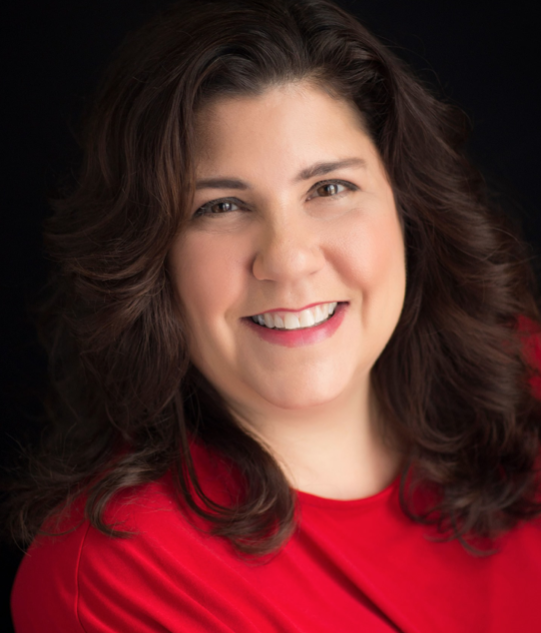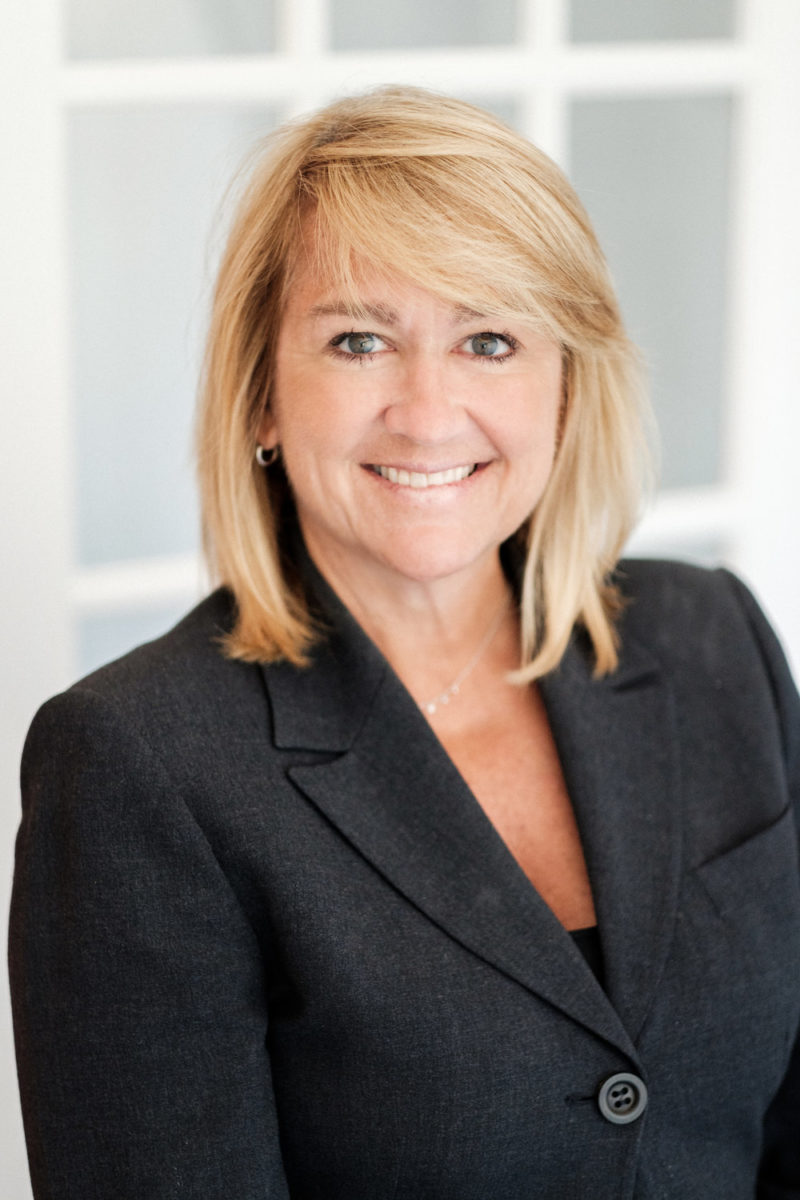HerStory: Women helping women, through divorce
Anyone who”™s been through a divorce knows it can be overwhelming. To help navigate the process, two Fairfield County women-owned businesses offer specialized services for their peers.
“For many, managing a divorce is like being dropped in a foreign country where you don”™t speak the language,” says Lisa Williams, a certified divorce coach based in Wilton. “So I teach some of the language, reduce some of the fear and give my client a little more confidence.”

The U.S. Centers for Disease Control and Prevention says a third of marriages ended in divorce in 2018. Williams says 2020 trends should be interesting, given couples being home together for long stretches of time; that scenario can make or break a relationship. Likewise for those who had already started the process when the courts shut down in March and private conversations were impossible as families worked and learned from home.
Williams got divorced six years ago, after which she was approached by several women who wanted to find out how she managed it. The idea for a business began to take shape, but Williams says “I”™m a bit Type A and I didn”™t want to give bad advice, or the wrong advice. So I went back to school and got my certification to become a divorce coach.”
Williams already held impressive credentials, including a degree in applied economics and business management from Cornell University and a master”™s in marketing with a minor in international business from New York University. In 2018, she completed her training through Florida-based CDC Certified Divorce Coaching.
But in describing her approach, Williams actually draws upon her experience as a cancer survivor.
“When I was going through treatment, I was provided a nurse navigator, which was a relatively new role back then. Anytime I had a question about anything ”” is there a good book my kids can read, should we enlist a therapist, I”™m having trouble making an appointment ”” she was my point person,” she says. “That”™s kind of how I run my practice. I”™m the middle of the wheel with the client, and all around us are all the people that help a person get divorced ”” the financial analyst, investment counselor, therapist, real estate agent. I work between all of them to try to reduce the stress, the cost and the time of getting a divorce.”
Throughout the process, Williams works with a client on what they need in the short term and the long term, so they can strategize how to work it into their agreement.
“We talk about things like, OK you want to keep the house, but is that really feasible for you? Your child is now 10, but what will he or she need when they are 15?” she says, adding that there are emotional factors to plan out as well. “We”™ll also find out about possible hot buttons, like, is your spouse a yeller? Let”™s prepare for what that will be like in mediation.”
Clients will often enlist her help post-divorce as well, figuring out the logistics of two households and how to minimize stress on kids and parents alike. She says what she finds most gratifying is seeing women gain their confidence.
“When you”™re in the middle of it, it”™s down and dirty. Some days it”™s hard to remember there is a light at the end of the tunnel” she says. “So it”™s nice to see women on the other side, starting to thrive and building a life for themselves.”

As a certified divorce financial analyst, Traci Provost of Southport also guides women through divorce, specifically, through the monetary complexities that can accompany the process. She says that in Fairfield County, a typical scenario involves one spouse being home while the other acts as the family wage earner and controls the finances.
“When a spouse who wasn”™t the earner and wasn”™t involved in the finances then finds themself in this predicament, they can feel guilty. They”™ll express shame over not staying involved in the finances or not trying to understand them,” she says. “So I always start from an educational approach, building on the basics to help them gain confidence.”
Provost, who”™s been in business since 2009, says she first helps her clients put their personal finances into four quadrants: what they owe, own, earn and spend. She then takes time examining each category with them.
“For some people it”™s overwhelming, so we try and bite off just a little piece at a time. An attorney isn”™t going to go through that process because their job is to get it done. It”™s a transaction for them.”
In addition, Provost will help her clients with budgeting and forecasting, evaluating how their financial picture will look in six months, a year, even five years.
“One of the biggest expenses you have is health care, especially if you were on a spouse”™s plan. That”™s one of the things I try to address very early on because people are scared about how that works.”
Fear is a common sentiment among Provost”™s clients, given the new financial responsibilities they may be facing. She says that in addition to crunching numbers, it”™s important to address the emotional root of that fear.
“We all have a money story, right? Everybody”™s got a money story, whether it comes from your upbringing or experiences you”™ve had,” she says. “Those need to be rewritten a little bit so it”™s possible to move forward and realize, ”˜Hey, I can do this.”™”
Like Williams, Provost says she gets true satisfaction out of seeing her clients ready to start their next chapter.
“I had a client who had never paid a bill before and now she owns her own business; we helped her get her LLC. Another woman had been so afraid of her bills, she wouldn”™t get the mail. I literally went to her house to help her walk to the mailbox. Today she”™s doing great. My focus is really to help people grow, and empower them so they can get to a point where they say, ”˜Wow, I can”™t believe I”™m here.”™”